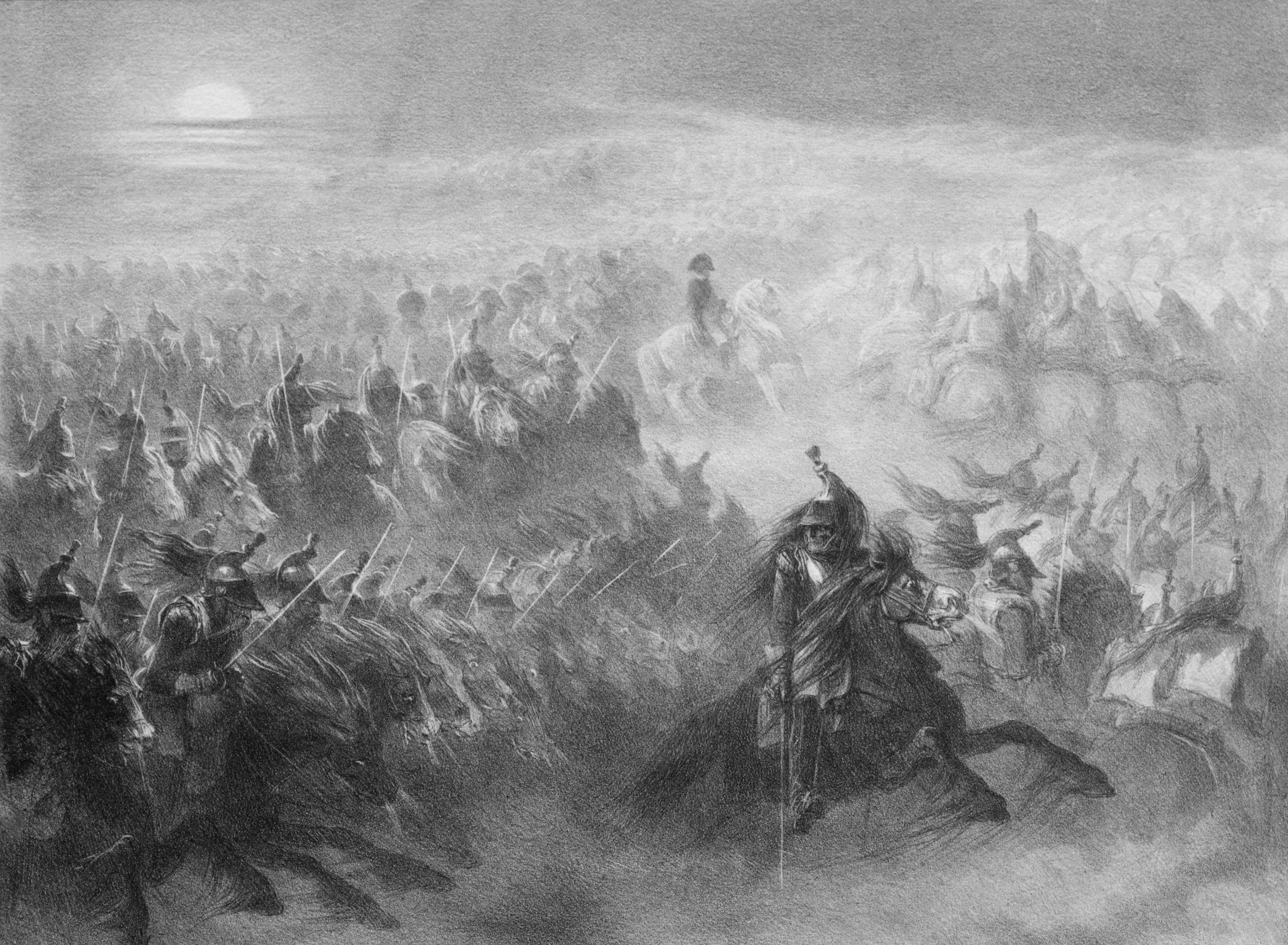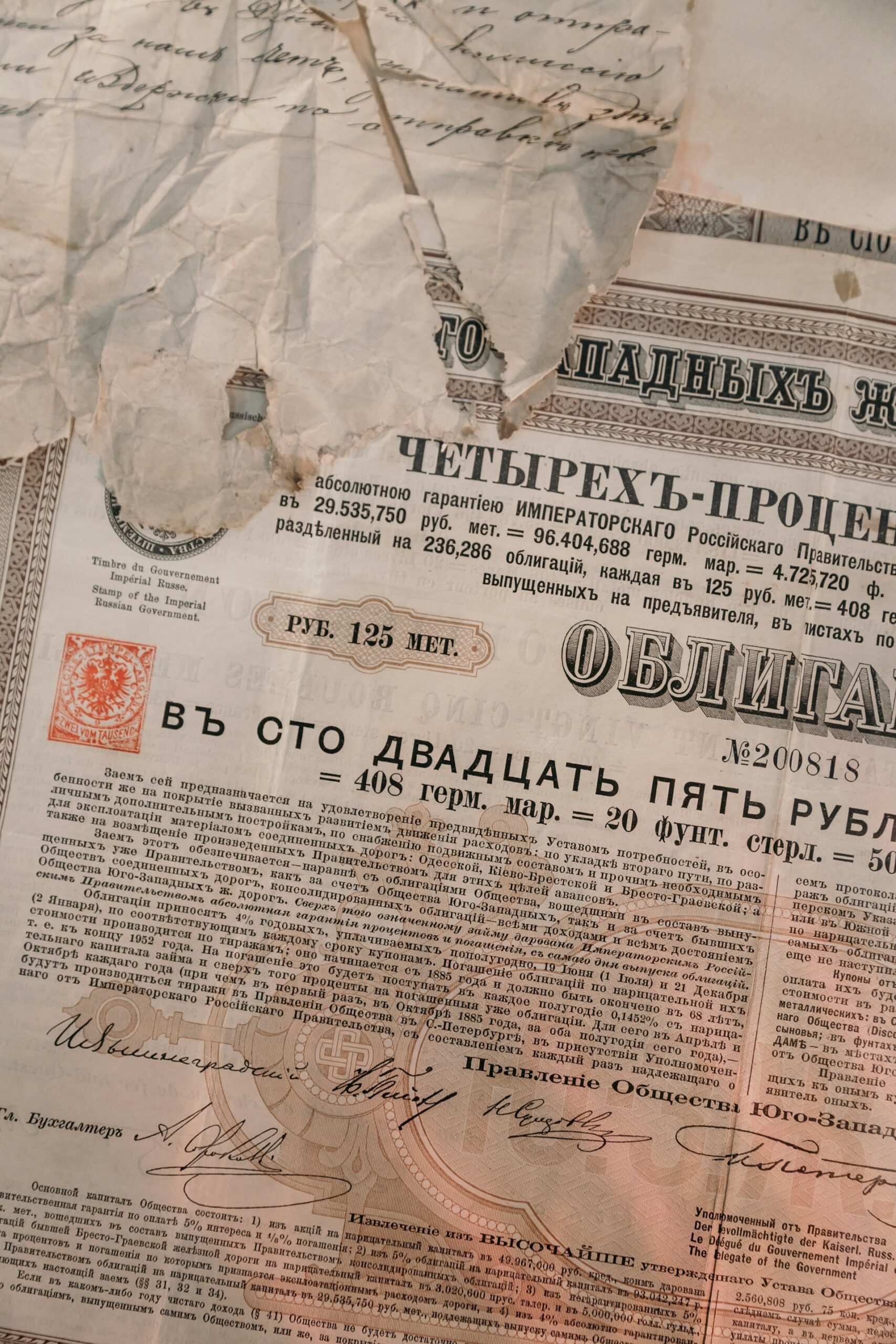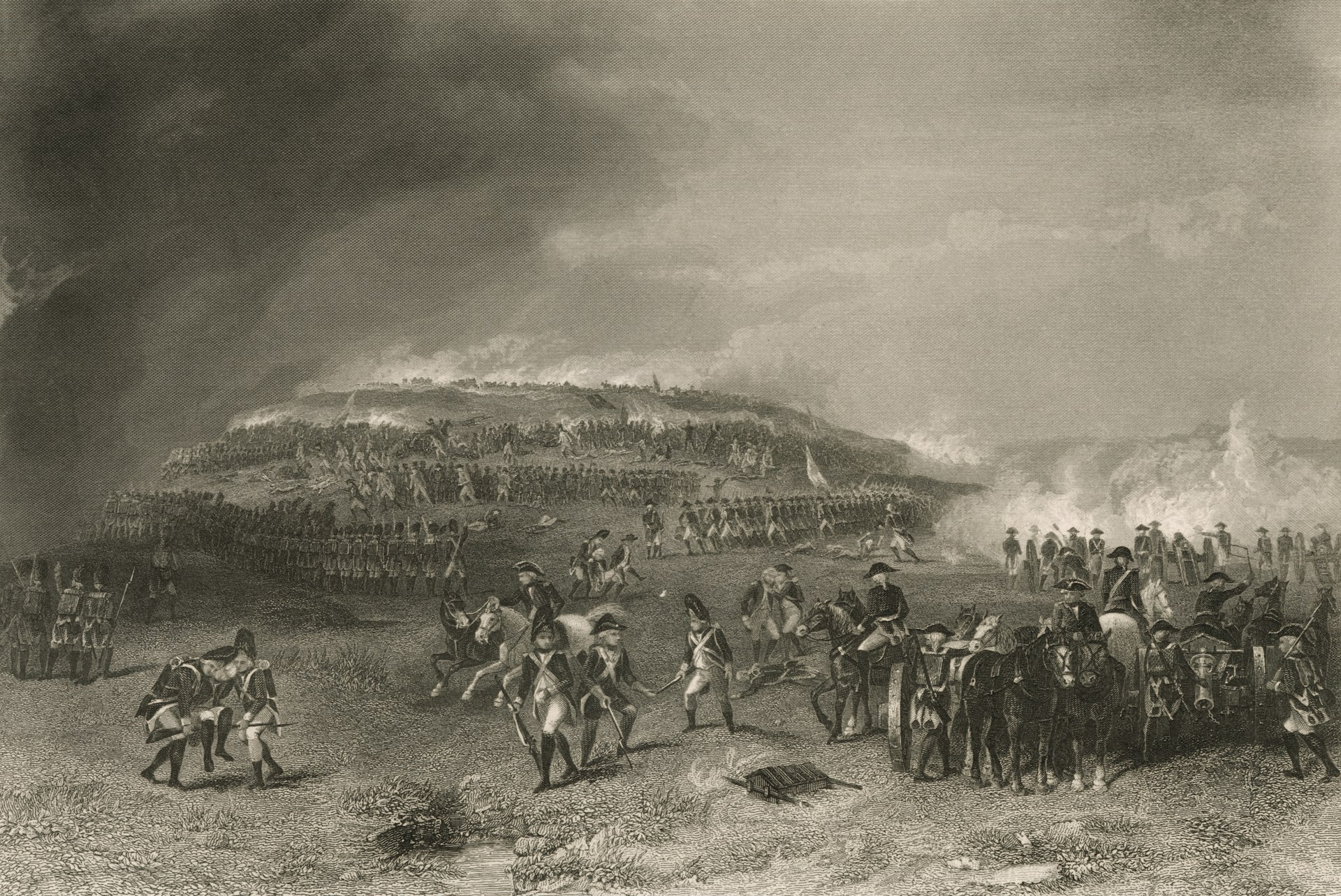Understanding Religious Conflicts: Lessons from History and Practical Insights for Today

Photo by Pierre Astier on Unsplash
Introduction
Throughout recorded history, religious conflicts have profoundly influenced the development of nations, cultures, and communities. These struggles have ranged from localized disputes to global wars, leaving legacies that still affect contemporary society. By examining the roots and outcomes of pivotal religious conflicts, individuals can gain a clearer understanding of the intersection between faith, power, and societal change. This article provides a comprehensive overview of major historical religious conflicts, the factors that fueled them, and practical advice for those seeking to study or engage with this complex topic.
Major Religious Conflicts in History
The Crusades
One of the most well-known series of religious wars, the Crusades, spanned from 1096 to the late 13th century. These were military campaigns primarily initiated by Christian Europe to reclaim the Holy Land from Muslim control. The First Crusade (1096-1099) was marked by the capture of Jerusalem, while subsequent crusades saw shifting control and immense loss of life on both sides. The motivations included religious zeal, desire for land and wealth, and political maneuvering. The impact of the Crusades can still be observed in Christian-Muslim relations today [4] . For those interested in primary sources, many university libraries provide access to translated documents from this period. You can explore timelines and summaries through reputable history education platforms.
European Wars of Religion
The 16th and 17th centuries in Europe were shaped by a series of conflicts driven by the Protestant Reformation and the Catholic Counter-Reformation. Notable examples include the French Wars of Religion (1562-1598), the Thirty Years’ War (1618-1648), and the English Civil War (1642-1651). These wars were not solely about faith; they were deeply intertwined with political, economic, and dynastic disputes. The effects included significant shifts in power, massive population loss, and eventual moves toward religious tolerance in some regions [5] . To access detailed studies, consider searching for academic articles on specific conflicts through your local university library or reputable online encyclopedias.
The Spanish Inquisition
The Spanish Inquisition, established in 1478, was intended to maintain Catholic orthodoxy in the kingdoms of Spain. Its methods included tribunals, forced conversions, and persecution of Jews, Muslims, and later Protestants. The Inquisition’s legacy includes a climate of suspicion and the suppression of religious diversity in Spain for centuries [2] . Researchers can find official documents and case studies through national archives and history museums, many of which have online catalogs or digital exhibits.
Interfaith and Sectarian Conflicts Outside Europe
Religious conflicts are not limited to Christianity and Islam or to the Western world. In the Toltec Empire of Mesoamerica (c. 980-1110), for example, wars broke out between followers of competing deities [3] . In South Asia, historic Hindu-Muslim conflicts and Sikh resistance to Mughal rule have also left lasting social and political effects. In the Middle East, Sunni-Shia divisions have repeatedly resulted in sectarian violence. These examples illustrate that religious conflict is a global phenomenon with diverse expressions.
Key Drivers Behind Religious Conflicts
While faith is often cited as the catalyst for conflict, deeper analysis reveals a complex web of contributing factors:
- Political Power: Rulers have frequently used religion to legitimize authority or challenge rivals.
- Economic Gain: Many conflicts, such as the Crusades, were motivated as much by the promise of land and resources as by spiritual concerns.
- Cultural Identity: Religion often serves as a marker of group identity, and threats to religious practice can trigger broader social unrest.
- Fear of Change: The spread of new religious movements or reforms (e.g., Protestantism) has historically provoked resistance from established authorities.
Understanding these drivers is essential for anyone seeking to interpret or teach about religious conflict. Experts recommend reviewing interdisciplinary research from political science, sociology, and history to gain a more nuanced perspective.
Case Studies: Lessons and Legacies
Crusades: The legacy of the Crusades includes both the deepening of Christian-Muslim rivalries and the cross-cultural exchanges that came from contact between East and West. Modern historians debate the extent to which religious ideology versus political ambition motivated the participants [4] .
European Wars of Religion: These conflicts accelerated the development of the modern state and, in some cases, led to early forms of religious coexistence, such as the Edict of Nantes in France. However, they also resulted in cycles of persecution and retaliation [5] .
Modern Implications: Current inter-religious tensions, such as those in the Middle East or South Asia, are often rooted in historical disputes. Understanding the origins and evolution of these conflicts can inform diplomatic efforts and peacebuilding strategies today.
Researching Religious Conflicts: Practical Steps
If you wish to study or teach about religious conflicts in history, consider the following steps:
- Identify Reputable Sources: Use recognized academic databases, established encyclopedias, and university presses. For example, Wikipedia’s article on “Religious war” provides a global overview with citations to primary and secondary sources [3] .
- Cross-Reference Accounts: Compare multiple perspectives-religious, political, and economic-to understand the full context of each conflict.
- Access Primary Documents: Many national archives and museums offer digitized records. Search their official websites for treaties, letters, and eyewitness accounts related to the conflicts of interest.
- Engage with Scholarly Communities: Join history forums or university seminars to stay updated on recent research and debates.
- Seek Educational Programs: Many universities offer courses on religious history. Search for “religious conflict history courses” at accredited institutions to find programs suited to your interests.
Addressing and Preventing Religious Conflicts Today
While history cannot offer simple solutions, it provides essential context for addressing current disputes. Best practices for individuals and organizations include:
- Promoting Interfaith Dialogue: Community groups and educational institutions often organize forums to encourage understanding between different faiths.
- Supporting Inclusive Policies: Advocating for equal rights and protections for all religious groups can reduce resentment and social tensions.
- Educating the Public: Incorporating religious history into curricula can foster empathy and critical thinking about the causes and consequences of conflict.
If you are interested in participating in such initiatives, you may contact local universities, interfaith councils, or community centers. For international perspectives, organizations such as the United Nations Alliance of Civilizations provide resources and policy recommendations (search for “UN Alliance of Civilizations”).
Challenges and Alternative Approaches
Studying religious conflict can be challenging due to bias in sources, lack of documentation, or politicized narratives. When encountering conflicting accounts, prioritize peer-reviewed academic research and consult multiple viewpoints. If you face difficulty accessing scholarly materials, public libraries and open-access journals can be valuable alternatives. For those unable to travel, virtual museum tours and digital archives offer remote access to key materials.

Photo by Art Institute of Chicago on Unsplash
Summary
Religious conflicts have left lasting marks on societies across the world. Understanding their origins and legacies requires careful study of both historical events and broader social dynamics. By drawing on verified resources, embracing interdisciplinary research, and fostering dialogue, individuals can deepen their knowledge and contribute to a more informed and tolerant society.
References
MORE FROM oncecoupon.com













